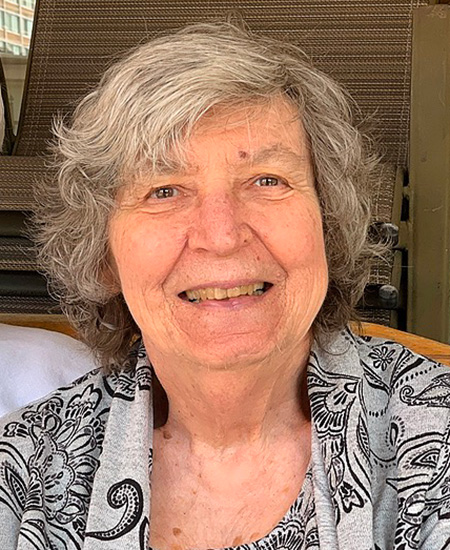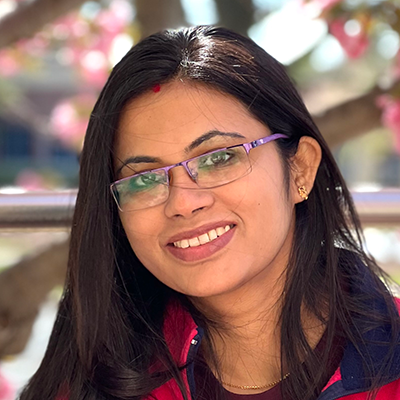In memoriam: Margaret Fonda
Margaret Lee Fonda, a pioneer in biochemistry education and a member of the American Society for Biochemistry and Molecular Biology since 1972, died July 25 in Louisville, Kentucky. She was 82.

Born July 13, 1942, in Cleveland, Ohio, to Albert and Jean Loweth Fonda, she grew up in Alexandria, Virginia, and attended Salem College in North Carolina, then transferred to the University of Delaware where she received her BS in chemistry in 1965. At the University of Tennessee, she earned her Ph.D. in biochemistry in 1968.
Fonda pursued postdoctoral study at Iowa State University where she worked with biochemist David E. Metzler, studying interactions of pyridoxalphosphate analogs with aspartate aminotransferase, and also developed computer methods to generate the spectra of the enzyme-inhibitor and enzyme-substrate complexes and study various physiochemical parameters.
Fonda started her independent research career as a lecturer in the biochemistry department at the University of Louisville School of Medicine, Kentucky at the age of 28 in a department led and dominated by men. According to a news obituary, she was one of few women teaching at the time and was also younger than many of her students, who were mostly male.
In her lab, Fonda initially aimed to find activities of different decarboxylase and aminotransferase in mouse brains. Later, she extended her research to explore the effect of modifications of vitamin B6 phosphatase and pyridoxal phosphatase present in human erythrocytes. She published more than 39 papers in peer-reviewed journals and had over 965 citations.
In 1976, Fonda married George Herbener, a colleague at the medical school, and they retired together in 1995. The two volunteered for the Nature Conservancy and assisted the education department of the Louisville Zoo as docents for decades. Fonda loved to travel around the world and was a skilled photographer.
Fonda was preceded in death by her husband. She is survived by a sister, her five stepchildren and extended family.
Enjoy reading ASBMB Today?
Become a member to receive the print edition four times a year and the digital edition monthly.
Learn moreGet the latest from ASBMB Today
Enter your email address, and we’ll send you a weekly email with recent articles, interviews and more.
Latest in People
People highlights or most popular articles

Sketching, scribbling and scicomm
Graduate student Ari Paiz describes how her love of science and art blend to make her an effective science communicator.

Embrace your neurodivergence and flourish in college
This guide offers practical advice on setting yourself up for success — learn how to leverage campus resources, work with professors and embrace your strengths.

Survival tools for a neurodivergent brain in academia
Working in academia is hard, and being neurodivergent makes it harder. Here are a few tools that may help, from a Ph.D. student with ADHD.

Quieting the static: Building inclusive STEM classrooms
Christin Monroe, an assistant professor of chemistry at Landmark College, offers practical tips to help educators make their classrooms more accessible to neurodivergent scientists.

Hidden strengths of an autistic scientist
Navigating the world of scientific research as an autistic scientist comes with unique challenges —microaggressions, communication hurdles and the constant pressure to conform to social norms, postbaccalaureate student Taylor Stolberg writes.

Richard Silverman to speak at ASBMB 2025
Richard Silverman and Melissa Moore are the featured speakers at the ASBMB annual meeting to be held April 12-15 in Chicago.

